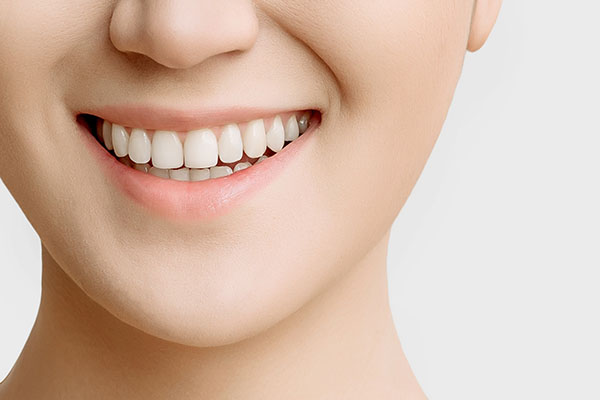InsuranceCumming, GA
Personalized Treatment Planning
Using digital diagnostic tools, visual examination and gum measurements, we will develop an analysis of your current condition to arrive at our recommendations. With this in hand, our doctors will meet with you to talk about options for your care, keeping your comfort level, schedule and budget in mind. Our goal is to help you achieve optimal dental health and to give you the information you need to make sound decisions regarding your care.
We believe that personal health and well-being is a smart investment. We are committed to working with you to getting the care that you need.
Dental Insurance
As a courtesy to our patients, we bill most traditional insurance plans in our office and request payment of co-pays and deductibles at the time of service. Dental insurance plans vary greatly - we will be happy to research your coverage; just give us a call!
Facts About Insurance
Most dental insurance plans are a business arrangement between an insurance company and an employer. It is important to remember that reimbursement and benefit levels are based on carrier and employer business decisions, and not on an individual’s need for treatment.
Dental plans are set up to pay only a portion of your dental health expenses. Dental plan maximum benefits average $1,000 to $1,500 per year:
These amounts have not changed since the 1980's, while the cost of living has increased dramatically in comparison.
Patients that have major restorative or surgical needs for treatment of disease or bite dysfunction often cannot afford to delay treatment and spread it over multiple insurance plan years, as their condition may worsen if they wait to have necessary procedures.
Most dental plans exclude coverage for cosmetic treatments, such as teeth whitening or veneers. Many have age or frequency limitations, such as for fluoride treatments or dental sealants.
Like medical insurance, some dental plans do not offer coverage for pre-existing conditions, such as missing teeth. This type of plan would not cover tooth replacement procedures, such as bridges, partial dentures, full dentures or dental implants.
Many insurance plans will apply “alternate benefits” towards a service, such as paying for silver fillings rather than tooth-colored fillings, or, not covering major restorative services, such as a crowns, inlays, and will pay a lesser amount for regular fillings instead.
Some dental plans may use the terms "usual, customary and reasonable" (UCR) to determine insurance benefits. This term applies to fee research methods used by dental insurance carriers to set reimbursement levels across the country. The criteria upon which this research is based; such as region, time intervals, type of dentist, etc. can vary greatly from one insurance carrier to another.





